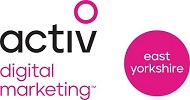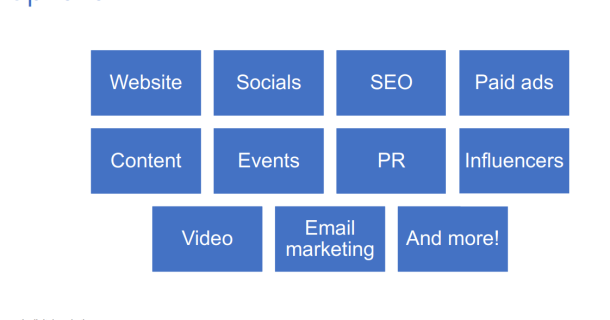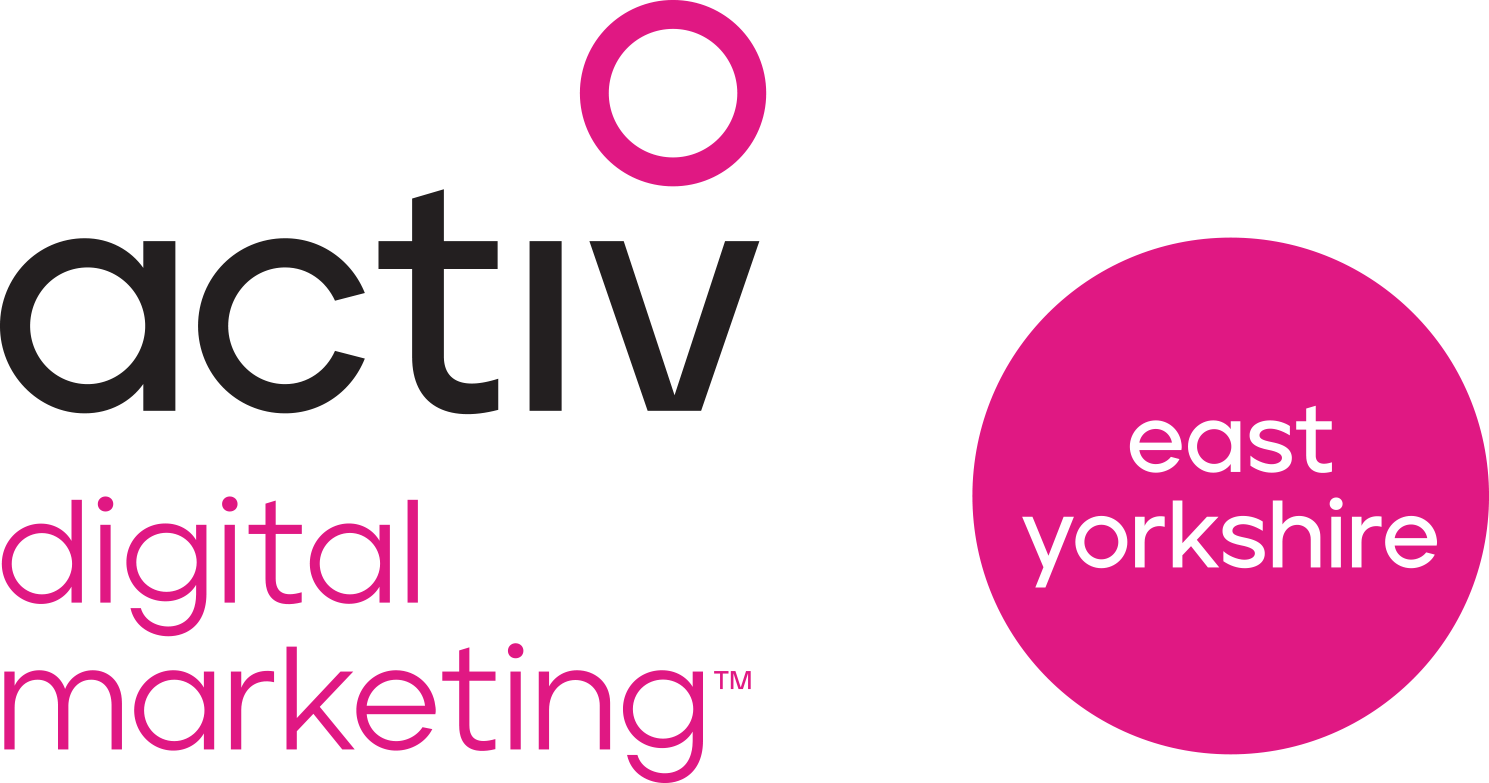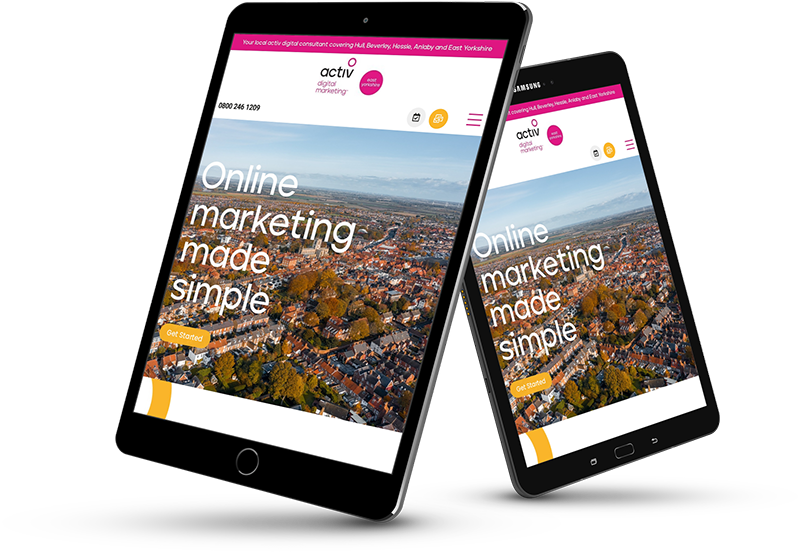Starting a business in the modern age almost always requires a website, it’s a necessary piece of the puzzle, but it is not the only piece, and it should not be your only marketing strategy.
A website is a great tool and has many uses, but it is not a cure-all.
Here are a few reasons why a website should not be your only marketing strategy.
- A website is not a living, breathing salesperson. You may have the best website in the world, but it cannot close a deal or build a personal relationship with a customer the way a real salesperson can.
- A website is a great way to introduce your company and products to potential customers, but it cannot do the hard work of selling for you.
- A website is not a replacement for face-to-face interactions. In the early stages of getting to know a potential customer, nothing is more effective than meeting in person and shaking hands.
- A website can help you get on a potential customer’s radar, but it cannot replace the personal touch.
- A website is not a panacea for all your marketing ills. It is only one piece of the puzzle. An effective marketing strategy will use a variety of tools and tactics.
A website is not a substitute for a marketing strategy.
Creating a website is an important part of marketing your business, however, a website should not be your only marketing tool. Having a website is not a substitute for a marketing strategy, your website is only one part of your overall marketing efforts.
A website is not a magic bullet that will fix all your marketing problems, you still need to invest time and effort into other marketing activities, such as social media, search engine optimization, networking and content marketing. A well-rounded marketing strategy will help you reach your target audience, build brand awareness, and generate leads and sales.
A website is not a magic bullet that will suddenly make your business more successful.
Your website is just one piece of your marketing puzzle. It’s a great tool to have, but it’s not a magic bullet that will suddenly make your business more successful. A few reasons why:
- A website is a tool that can help you market your business, but it’s not a replacement for good marketing. You still need to do things like identify your target market, create compelling content, and promote your website through SEO, social media and branding. If you don’t do these things, your website will just be another rarely visited website on the internet.
- A website is not a guarantee of success, your website is not a guarantee of success. Just because you have a website, doesn’t mean that customers will come flooding in, you need to still put in the hard work to drive traffic to your site and convert those visitors into customers.
- Having a website is not an instant sales machine, you can’t just put up a website and expect people to start buying from you. It takes time to build up trust and credibility with your target market. Once you’ve established yourself as a reliable source of information or products, then you will start to see sales come in.
- A website is not a replacement for good customer service, even if you have the best website in the world, if your customer service is terrible, people will not want to do business with you, your website should complement your customer service, not replace it.
- If your business is struggling, a website is not going to be the cure-all that you’re looking for, you need to diagnose the root of your problem and take steps to fix it.
- A website can be a great tool to help you turn your business around, but it’s not going to do all the work for you.
A website should not be your only marketing effort – it should be one part of a larger mix.
A website is only one piece of your marketing puzzle. It’s a great tool for communicating with your customers and giving them information about your product or service, but it shouldn’t be your only marketing effort.
A website should be one part of a larger mix that includes other marketing channels like social media, email, and traditional advertising. If your website is your only marketing effort: you are missing out on other opportunities to reach your audience.
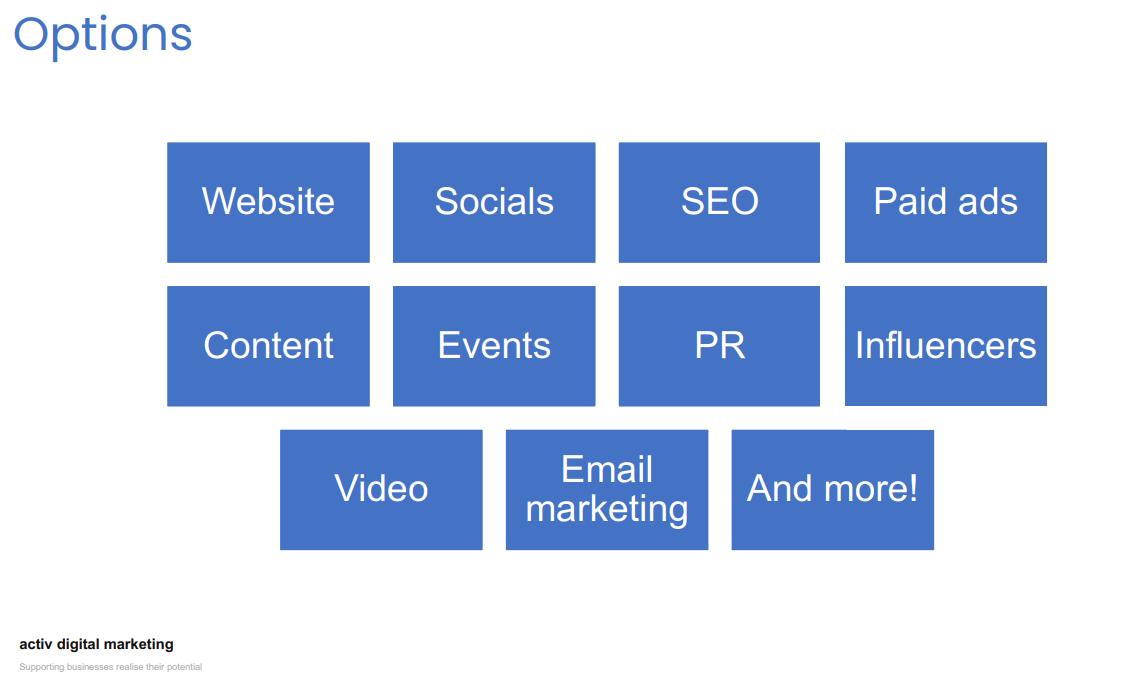
There are a variety of other marketing channels that can be used to reach your customers where they are, for example, if your target audience is on social media, you can use platform-specific advertising or organic posts to reach them, if your target audience is more traditional, you can use print or TV advertising. A website is not enough to build a relationship with your customers, it is certainly a great way to give customers information about your product or service, but it’s not enough to build a relationship with them.
To build a strong relationship with your customers, you need to engage with them on a personal level, this can be done through social media, email, or face-to-face interactions like networking.
You need to supplement your website with other marketing efforts.to be successful, for example, if you’re using social media to reach your audience, you should also have a website that you can link to in your bio, this way, if someone is interested in what you have to say, they can easily find your website and learn more about you and your product or service.
A website is not an instantaneous way to get new customers – it takes time and effort to attract visitors.
If you’re only relying on your website to market your business, you’re going to be disappointed., a website is not an instantaneous way to get new customers – it takes time and effort to attract visitors.
To generate traffic to your site, you need to invest in search engine optimization (SEO) and content marketing. SEO is the process of making your site more visible in search engine results pages (SERPs), and content marketing is the creation and distribution of valuable content that attracts and engages your target audience.
SEO and content marketing take time to produce results. It can take months or even years to see significant results from these efforts. And even then, your website is only one part of your marketing mix. You also need to focus on offline marketing and relationship building, a website is a valuable marketing tool, but it’s not a magic bullet. By diversifying your marketing efforts, you’ll be able to reach more people and ultimately generate more business.
A website cannot replace traditional marketing channels such as print, television, or radio.
In conclusion a website is a powerful and essential marketing tool that can reach a large audience with relatively little effort; however, a website should not be the only marketing effort a business undertakes.
Traditional marketing channels have been around far longer than the internet, and so they have a proven track record, they are also more likely to reach certain demographics, such as older consumers, who may not be as internet-savvy.
Traditional marketing channels tend to be more expensive than a website, so businesses may not be able to reach as many people with their marketing budget, but they do offer businesses more control over their message. With a website, businesses may not be able to control how users interact with their site, what information they see, or how long they stay on the site.
A business should consider how a website fits into their overall marketing goals and objectives, a website is a powerful marketing tool that can reach a large audience with relatively little effort and will only showcase YOUR business, products and services.
So, remember, a website should not be 100% of your marketing efforts because it is not the only effective way to reach your target market. There are a many and varied marketing channels available, and each has its own strengths and weaknesses. A website is essential, everyone goes to a business’s website to check out the business, their products or services (and testimonials) by diversifying your marketing efforts, you can reach a wider audience and achieve greater success.
We hope you have found his article useful, if you have and you would like to see more visit
NEED MORE INFORMATION?
Book a FREE Meeting
If you would like a 30 minute meeting to discuss your project (Phone, Face-to-face or Zoom)
